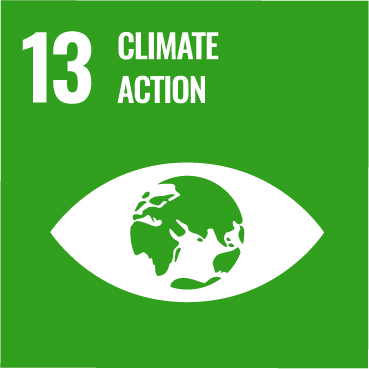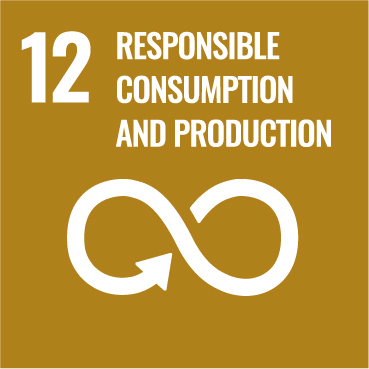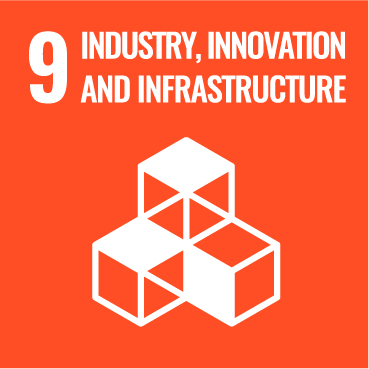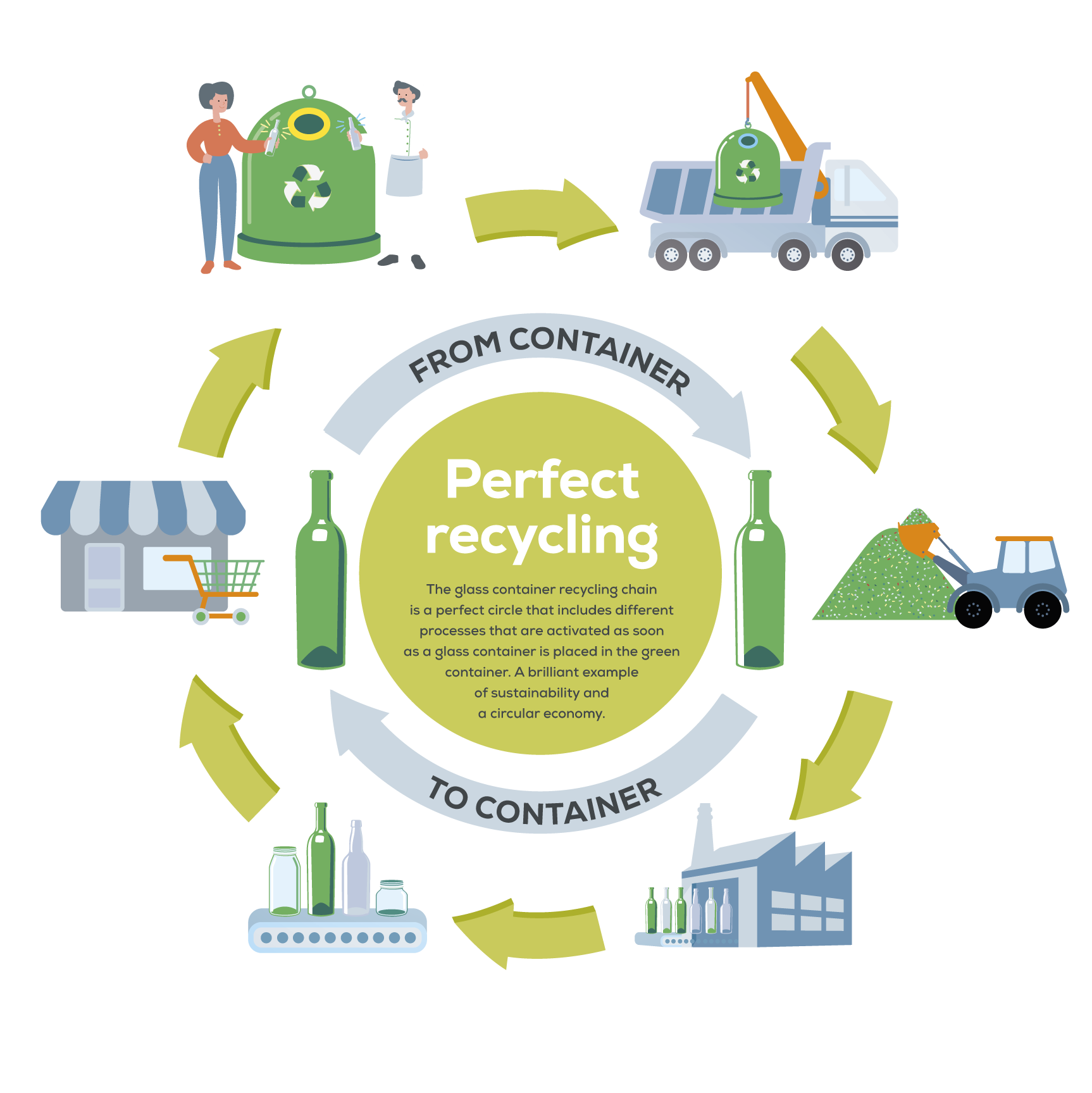Explore the exhibition






A circular material
Recycling some products merely delays the landfill stage, since the material produced after the recycling process has different characteristics or is of inferior quality. The end use is changed and less recyclable products are created that are eventually thrown away. In the case of glass, the material is recycled in the same production system (a new container is born from the old), without any change in its physical or chemical properties.
The circular economy, in its strictest sense, means maintaining the same resources in a continuous closed circuit, avoiding the extraction of new virgin raw materials and the corresponding depletion of natural resources. Consequently, glass containers are outstanding example of a circular economy: glass is a material which, besides perfectly performing its function as a container, is also 100% recyclable an infinite number of times, without losing quality or quantity in the process. Thus, recycled glass can be put back into the production cycle it came from to replace the original raw materials and be remade into a pure safe container to hold food and drinks. It this way, it closes its circular trajectory and goes round and round again forever, saving energy and avoiding emissions.
Indeed, the magazine Nature has recognized that glass recycling is a hidden gem that guarantees a carbon-neutral future.
A circular material
Recycling some products merely delays the landfill stage, since the material produced after the recycling process has different characteristics or is of inferior quality. The end use is changed and less recyclable products are created that are eventually thrown away. In the case of glass, the material is recycled in the same production system (a new container is born from the old), without any change in its physical or chemical properties.
The circular economy, in its strictest sense, means maintaining the same resources in a continuous closed circuit, avoiding the extraction of new virgin raw materials and the corresponding depletion of natural resources. Consequently, glass containers are outstanding example of a circular economy: glass is a material which, besides perfectly performing its function as a container, is also 100% recyclable an infinite number of times, without losing quality or quantity in the process. Thus, recycled glass can be put back into the production cycle it came from to replace the original raw materials and be remade into a pure safe container to hold food and drinks. It this way, it closes its circular trajectory and goes round and round again forever, saving energy and avoiding emissions.
Indeed, the magazine Nature has recognized that glass recycling is a hidden gem that guarantees a carbon-neutral future.





